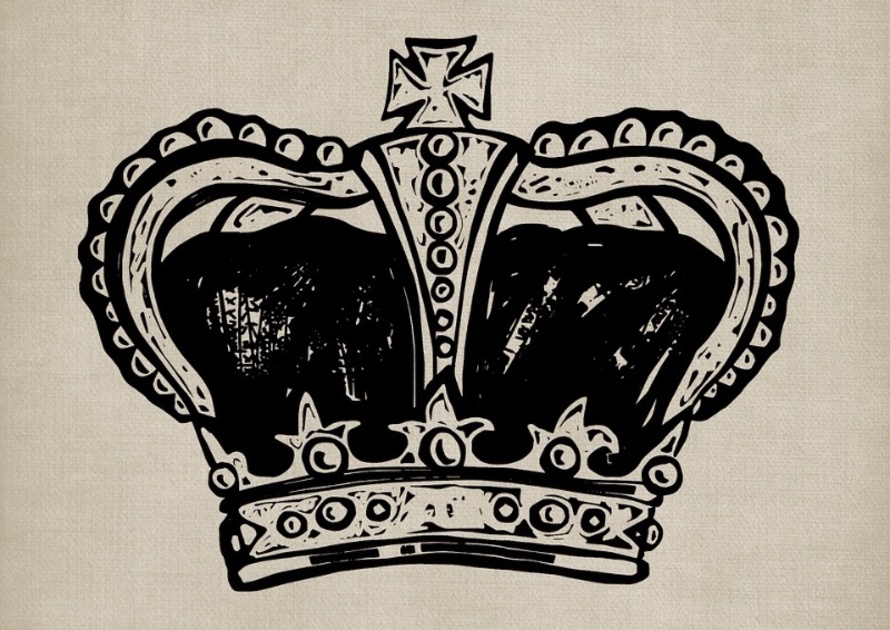
The Highness and Lowness of a King– Parshat Shofetim
The concept of a king is actually a bit foreign to us in the 21st century. Though there are some 20 monarchies still in the world today,1 most of the world is governed by popular vote. Even many of the monarchies also have voting to determine the makeup of a government and legislature. We hear of kings and there are stories of kings but still it is a bit hard to grasp.
That’s why I find it so fascinating to read the Torah's portion on the king.2
There is one seeming contradiction, though within this portion. In addressing the nation, we are told that we need to place the king above us and treat him as a king deserves. Yet, just a few verses later, the king is told that he should not feel above his constituents. Well, then, is he above or not? As you may have noted, one of these verses addresses the people, while the other, the king. The people should treat the king, literally, like royalty. On the other hand, the king should not let this go to his head. Or heart. In case there was any misunderstanding of what this means to the king, the great 19th century sage, Rabbi Yaakov Meklenberg explains: "he should view all others as he – to show compassion and to do good for him."
This is sage advice indeed when dealing with people in positions of power. On the one hand, the power-holder and his position are to be respected. A president is still a president even if seemingly not friendly or makes decisions opposing your own. Yet the president is still to regard his nation with compassion.
This holds true for employers and management personnel. And it holds true for parents and children – no matter the age.3
It holds true as well in a therapeutic situation. The therapist is respected by the client for his learning and experience. The client must be respected as well. He is not merely a 'case' or a 'cash cow'. He is a human who is suffering who is asking for help. And, like the king, we are to do good for him and, to paraphrase Rabbi Meklenberg, 'view all clents as he'. This humility of the therapist in approaching the client is healthy for the therapist and empowering for the client.4
Keeping these lines clear is not simple and there is a tendency to blur lines, and yes, sometimes cross them. Together with that, we need to learn and internalize this principle so that it will easier to follow through and feel our own highness as well as the highness of the person sitting opposite us.
Click here for another logoParsha article on Shofetim
Notes
- See Wikipedia for a complete list.
- Devarim 17:14-20
- See logoParsha on Vaetchanan
- The humility of the therapist was discussed by Dr. Viktor Frankl, founder of logotherapy,
Have A Great Shabbat!![]()
For More Information On Logotherapy And How You Can Create A Fuller, More Meaningful Life, Or To Book An Online Session,
- Call Me At +972-54-589-3399, or in Israel 054-5893399
- Contact Me Thru my email at [email protected]

 Previous
Previous

